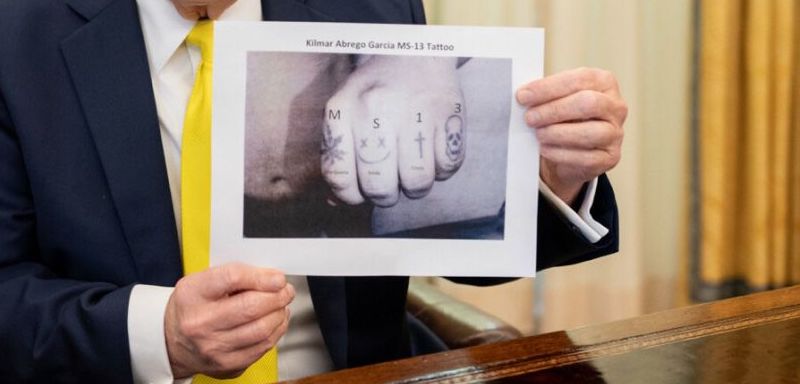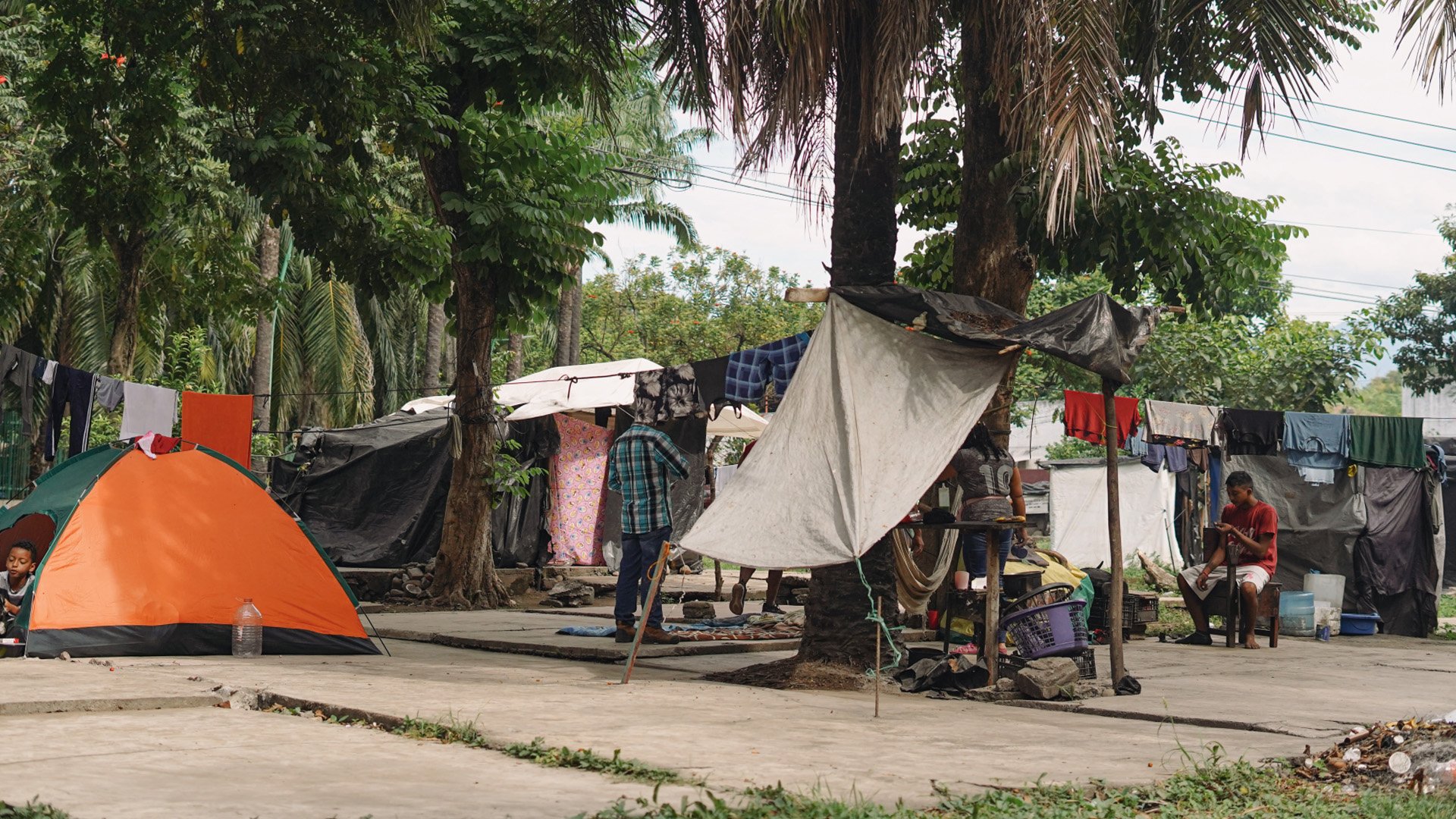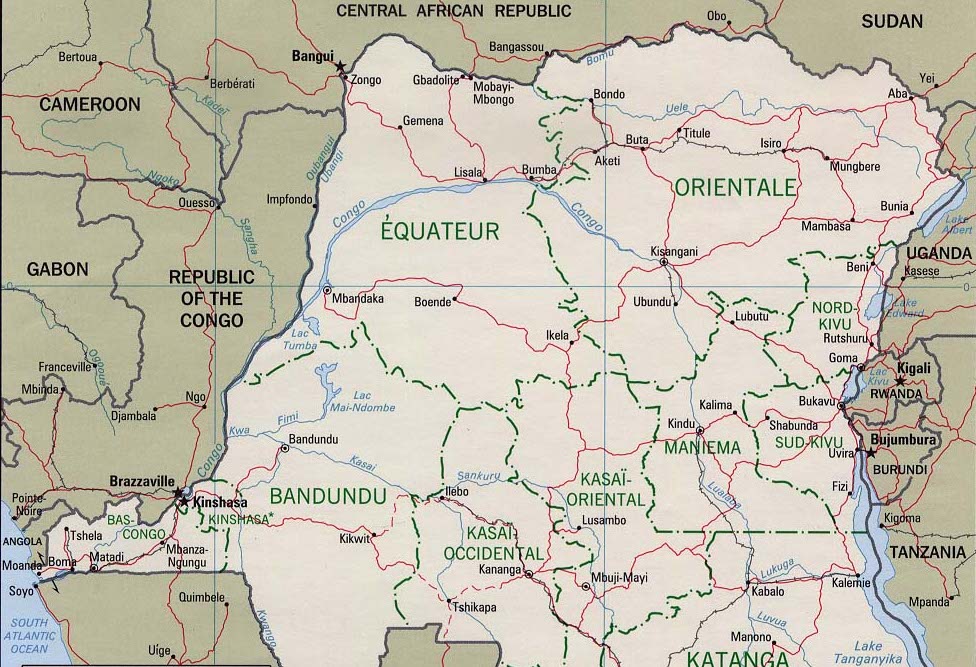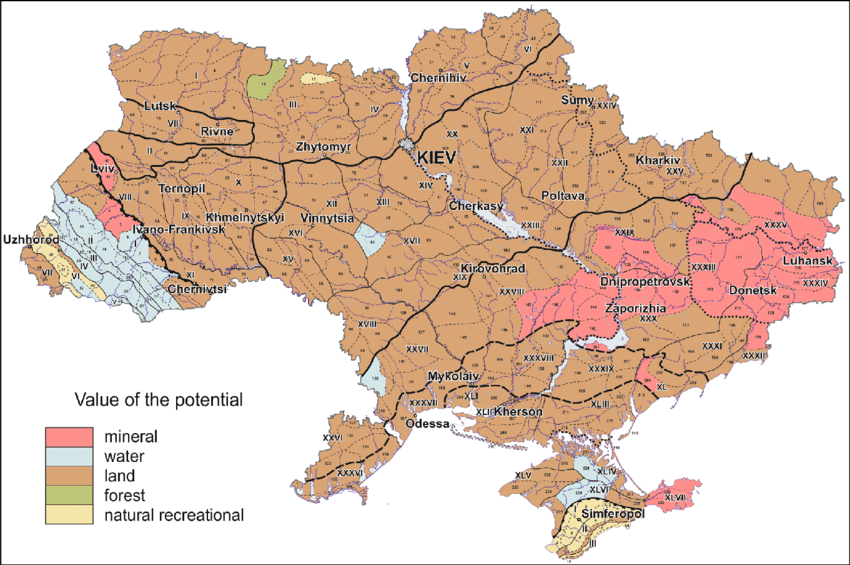UN inquiry sees Russian ‘crimes against humanity’ in Ukraine —again
The Independent International Commission of Inquiry on Ukraine published a report declaring Russian drone attacks on civilians in Kherson oblast to be war crimes and crimes against humanity. The commission found that roughly 150 Ukrainian civilians have been killed over the past year as a result of the systematic Russian drone attacks. In addition to direct casualties from the attacks, the report cites cases of civilian deaths due to the inability of ambulances to reach victims following drone strikes. Video evidence supports the claim that Russian forces have targeted ambulances—both while assisting injured civilians, and while parked outside hospitals. (Map: PCL)













